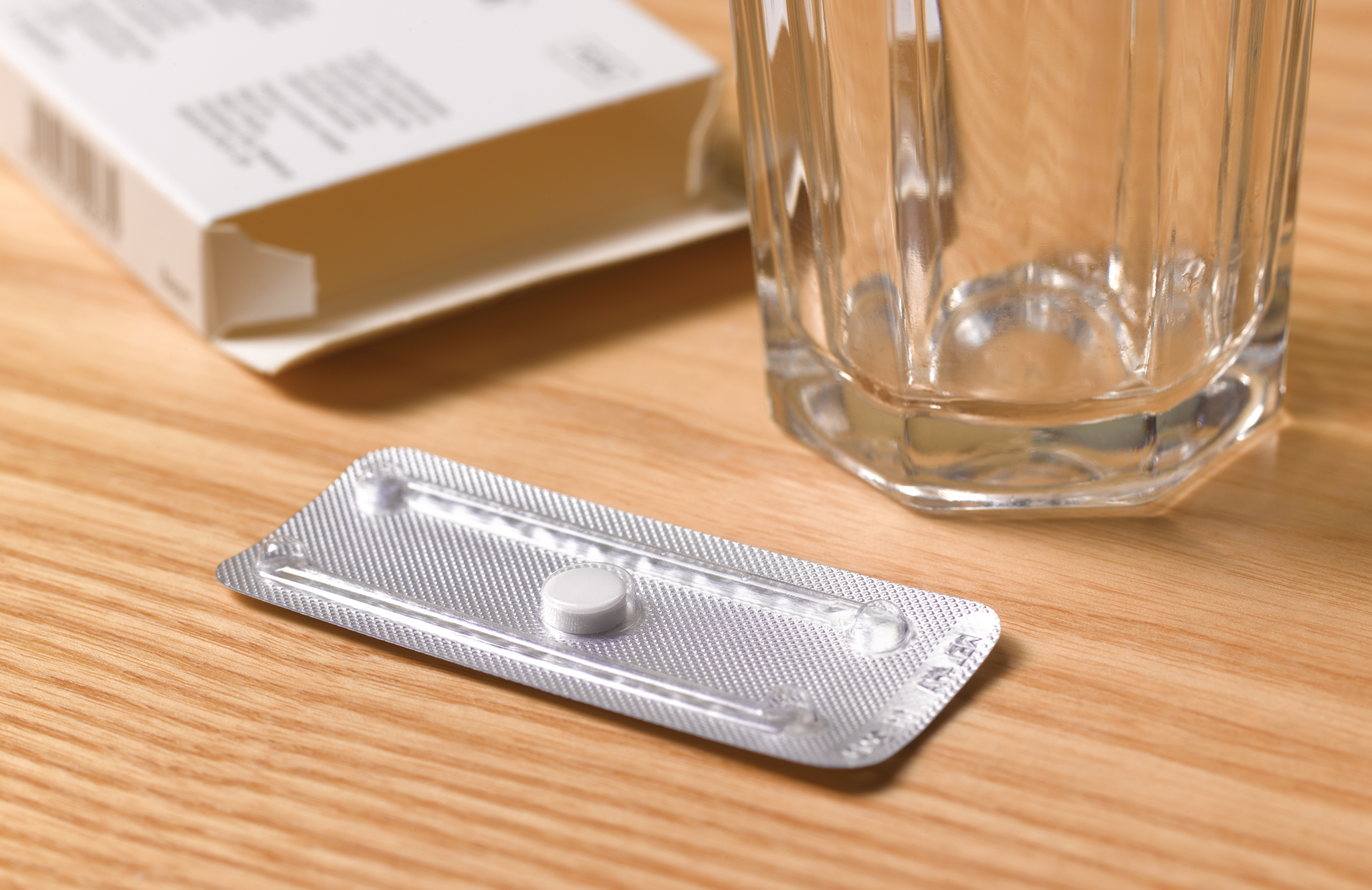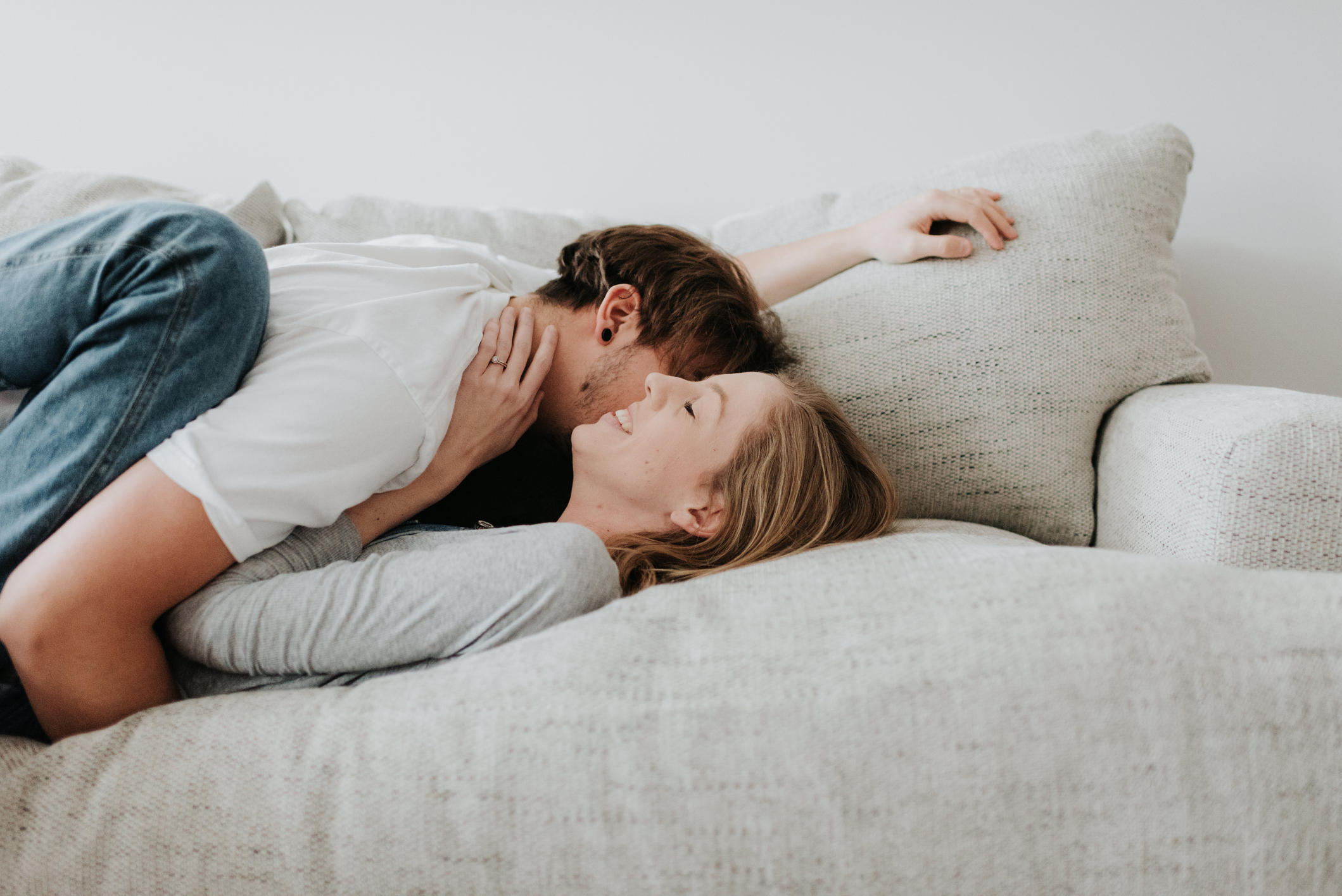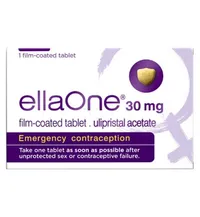
Celebrity news, beauty, fashion advice, and fascinating features, delivered straight to your inbox!
You are now subscribed
Your newsletter sign-up was successful
Fun fact: there was an 363% increase in people searching for the morning after pill last week after lockdown restrictions easing
It looks like you've all been having fun, now lockdown is easing. New stats revealed by Lloyds Pharmacy Online Doctor saw an 363% increase in people searching for the morning after pill last Tuesday morning after pubs, gyms, restaurants and rooftop bars opened on Monday. So what are the morning after pill side effects, if you do need to take emergency contraception, and what does it actually do to your body?
All good questions. But first - a bit of history for you. "The first licensed morning after pill, Levonelle, was introduced in the UK in 1984, but it wasn’t available over the counter - that is, without prescription - until 2001," shares Dr Mariam Adegoke, GP and founder of Adegoke Wellness Clinic.
And, did you know? The term 'morning after pill' was coined because it has to be taken as soon as possible after unprotected sex to give the best chance of delaying ovulation?
There are obvious ramifications of taking the morning after pill that not all will agree with, but one thing's for sure: it's your body and your life, at the end of the day, so it's your decision to make. No one else's.
To make sure you're informed on the biological need-to-knows, and a bit of background too, keep reading. We've got expert comments from two doctors on what the morning after pill is, how it works, and when it's necessary to get it, too.

So, what is the morning after pill?
According to doctor Sam Wild, Women’s Health Clinical Lead and Primary Care Physician at Bupa Clinics, emergency contraception is a birth control measure, a bit like the pill or an IUD, that can be used after having unprotected sex to prevent pregnancy. "There are different types of emergency contraception – the emergency contraceptive pill, aka the morning after pill, and the coil," she explains.
The morning after pill is normally taken after having unprotected sex or if the contraception you have used has failed - for example, if a condom splits or you have missed taking a contraceptive pill, she shares.
Celebrity news, beauty, fashion advice, and fascinating features, delivered straight to your inbox!
It can be taken for up to five days after having unprotected sex, but is more effective if taken sooner, rather than later. Some stats for you: "95% of pregnancies are prevented if the morning after pill is taken within the first 24 hours, 85% if taken from 24 to 48 hours, and 58% if taken from 48 to 72 hours after sex," doctor Adegoke explains.
Do read our complete guide to the link between the birth control pill, the COVID-19 vaccine and blood clots, while you're here.
What types of morning after pill are there available?
Did you know? There are actually two types of emergency contraceptive pill available: Levonelle and ellaOne.
Levonelle can be taken for up to three days after the unprotected sex, whereas ellaOne can be effective for up to five days.
Another interesting fact you may not know: the emergency intrauterine device (UID or coil) is actually the most effective form of emergency contraception, according to doctor Wild. "Less than 1% of women who use the IUD [after having unprotected sex] get pregnant," she shares.

So, what actually happens to your body when you take the morning after pill?
Good question—and it varies depending on which morning after pill you take, the doctors share.
"Levonelle is a synthetic form of progesterone that delays the release of an egg, aka ovulation, until past the time that any sperm in the female body can survive," shares doctor Adegoke. "This prevents fertilisation."
ellaOne, on the other hand, acts on the progesterone receptor. "It stops progesterone in the body from functioning normally, which also leads to a delay in ovulation and prevents the egg and sperm meeting to fertilise," she expands.
Do note here: if you’ve already ovulated before taking the morning after pill, it won’t work, the expert warns. "There will still be a risk of fertilisation and unintended pregnancy, unless you have the copper coil inserted instead."
Also worth knowing - neither pill, nor the coil, can end an already established pregnancy. What they can do is prevent ovulation, which will cause a future pregnancy.
Levonelle One Step 1500microgram tablet - 1 tablet
Price: £28.25
EllaOne 30mg film-coated tablet - 1 tablet
Price: £34.95
4 common morning after pill side effects
In terms of the morning after pill side effects, there aren't any common ones that are really bad, but it can cause:
- Headaches
- Abdominal pain
- Nausea
- Changes to your period (read up on the reasons for a missed period, now).
If you're sick within two hours of taking Levonelle or three hours of taking ellaOne, both doctors advise you see your GP or pharmacist, as you may need a repeat dose.
Pros of taking the morning after pill?
It's free
Emergency contraception is available for free from GP’s, walk in centres, young people’s services, sexual health and GUM clinics. "It is also available from most pharmacies in person and online, however, do note, there my be a cost of approximately £25 to £35," explains doctor Adegoke.
It's effective
"The emergency contraceptive pill is up to 98% effective in preventing pregnancy," shares doctor Wild. The copper coil is actually the most effective, followed by the ellaOne and then Levonelle morning after pills.
It's readily available
Plus, it's super simple to get and even easier to take. "It's easy to swallow, can be taken by most women and is readily available from a GP, nurse, or pharmacist. Plus, there are also no long-term side effects associated with taking the emergency contraceptive pill," explains doctor Wild.
Cons of taking the morning after pill?
It's not effective against regular contraception
"Whilst the emergency contraceptive pill offers strong protection against pregnancy, it is not as effective as regular contraception," shares doctor Wild. Taking the emergency contraceptive pill does not guarantee you will not get pregnant - as the title suggests, it's an emergency measure.
It doesn't protect you against STI's
Similarly, taking the emergency contraceptive pill after unprotected sex doesn’t protect you from any sexually transmitted infections, or STI’s. "It's important to get tested for STI's, such as chlamydia, after having unprotected sex," she warns.
It can cause side effects
Taking the emergency contraceptive pill can cause the symptoms we outlined above.
So, should you take the morning after pill?
Ultimately, it's a personal decision that's totally up to you.
Doctor Adegoke does have a word for those who feel like they are in an ethical dilemma with the decision, though. "A judicial review in 2002 concluded that pregnancy begins at implantation - that's once the fertilised egg has embedded in the uterine wall," she explains. "As all forms of emergency contraception prevent fertilisation or implantation, rather than disrupting established implantation, emergency contraception is considered to be preconception treatment."
If you are at all unsure, both doctors encourage you to speak to your GP or pharmacist, as they will be able to present you with all the facts you need to help you make an informed decision. They can also advise on matters related to fertility, early menopause, PMDD symptoms and more.

Ally is Marie Claire UK's Senior Health and Sustainability Editor, a well-regarded wellness expert, ten-time marathoner, and Boston Qualifying runner.
Utilising her impressive skillset and exceptional quality of writing, she pens investigative, review and first-person pieces that consistently demonstrate flair and originality.
As well as writing, Ally manages a team of freelancers, oversees all commissioning and strategy for her pillars, and spearheads the brand's annual Women in Sport covers, interviewing and shooting the likes of Mary Earps, Millie Bright, and Ilona Maher. Shortlisted for three BSMEs and winning one in 2022, Ally lives and breathes her verticals: her eye for a story and connections within the wellness sphere are unrivalled. Follow Ally on Instagram for more.


